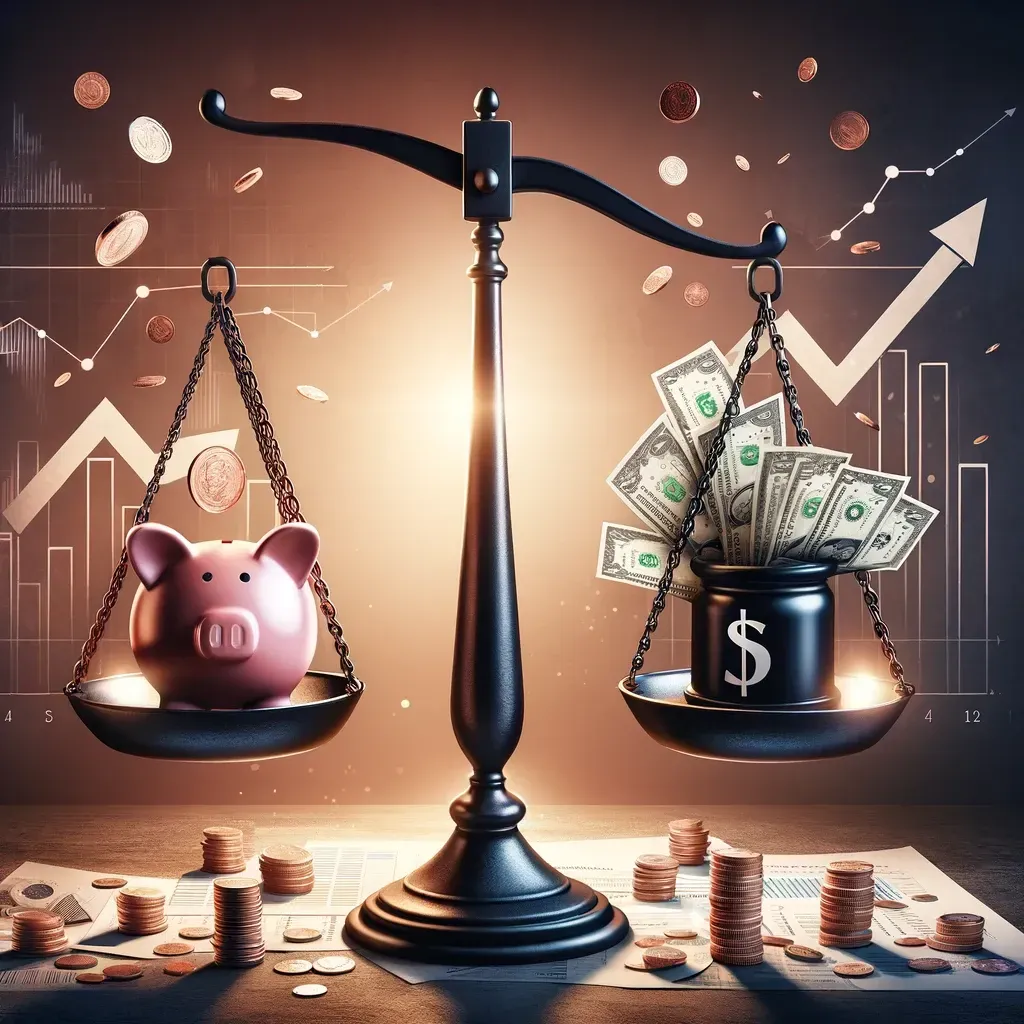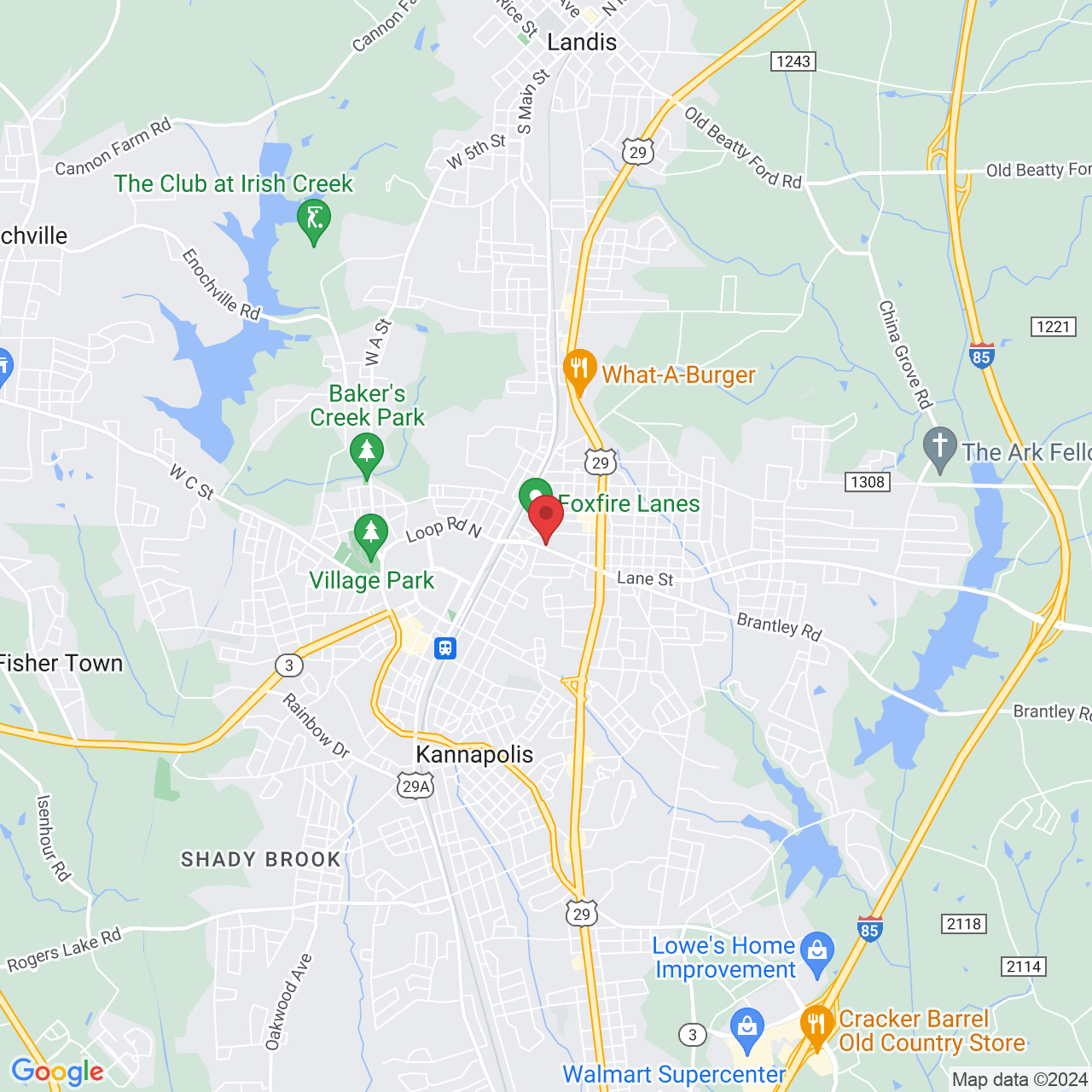Is it better to pay off debt or save money?
Prioritize Paying Down Significant Debt While Making Small Contributions To Your Savings

Ah, the age-old financial dilemma: to pay off debt or to save money? It's the adult equivalent of choosing between eating your vegetables and saving room for dessert. Both are good for you in the long run, but the decision isn't always as straightforward as it seems. With 15 years of navigating through the financial wilderness, I've come across many travelers at this crossroads, and I've got some insights to share.
The Balancing Act
Think of your finances as a seesaw. On one end, you've got your debt, weighing down with interest rates. On the other, your savings, trying to lift you up with their potential for growth and emergency cushioning. The goal is to find the right balance, ensuring you're not tipping too far in either direction.
The Case for Paying Off Debt
Paying off debt, especially high-interest debt, is like removing a giant boulder from your backpack during a hike. It makes the journey forward much easier and less costly. Interest on debt, particularly from credit cards, can accumulate faster than a snowball rolling downhill, making it imperative to tackle it early on. If your debt's interest rate is higher than what you could earn from savings or investments, paying it down might be the smarter move.
The Case for Saving Money
On the flip side, saving money is akin to building a safety net under your financial trapeze. Life loves to throw curveballs, and without a savings cushion, a sudden expense could send you spiraling into more debt. Experts often recommend having an emergency fund that covers 3-6 months of living expenses. It's not just about having savings; it's about having financial security.
Striking the Right Chord
Imagine you're trying to tune a guitar. You wouldn't focus on just one string and ignore the rest. The same goes for managing debt and savings. Start with securing a basic emergency fund — even a small one can help. Then, prioritize paying off high-interest debt. As the weight of this debt lightens, you can gradually increase your savings contributions.
A Tale of Financial Harmony
Let me share a story about Alex, who found themselves torn between a mountain of credit card debt and an empty savings account. By focusing first on paying down the debt with the highest interest rate, while simultaneously setting aside a small amount into savings, Alex managed to create a harmonious financial melody. Over time, the debt diminished, the savings grew, and Alex was able to enjoy the sweet sound of financial stability.
Opting for a pay-after-deletion model in your credit repair journey is a wise strategy that aligns your financial outlays with tangible, positive changes to your credit report. This approach ensures that your investment is directly tied to the successful removal of inaccuracies or negative marks, offering a clear incentive for the credit repair service to prioritize and achieve results. By choosing pay-after-deletion, you're not just taking a step towards improving your credit score; you're ensuring that your efforts are focused, efficient, and effective. This method fosters a performance-based relationship with your credit repair service, making it a compelling option for those committed to enhancing their financial health. It's a strategic move that maximizes the impact of your credit repair efforts, offering transparency and accountability in a process that is crucial for your financial future.
GET A FREE QUOTE TODAY

Contact Us
Address:
407 Jackson Park Rd
Kannapolis, NC 28083
(By Appointment Only)
Phone
Tel: 813-345-4097
Text: 813-345-4097
Business Hours-
Monday - 8am - 7pm
Tuesday- 8am - 7pm
Wednesday - 8am - 5pm
Thursday - 8am - 7pm
Friday - 8am - 7pm
Saturday - 8am - 7pm
Sunday - closed


